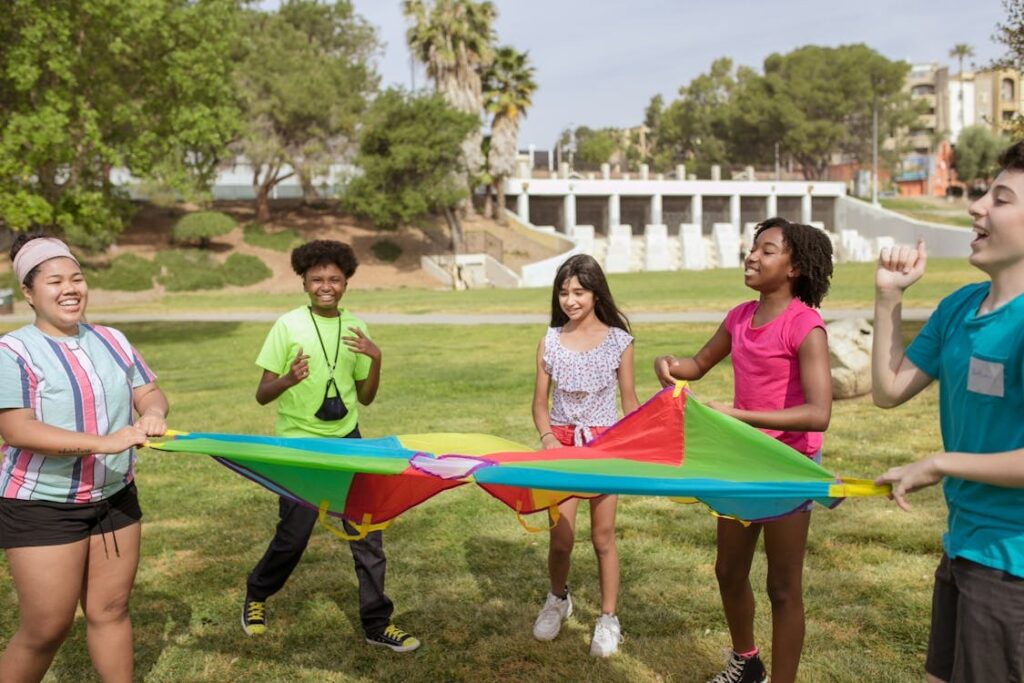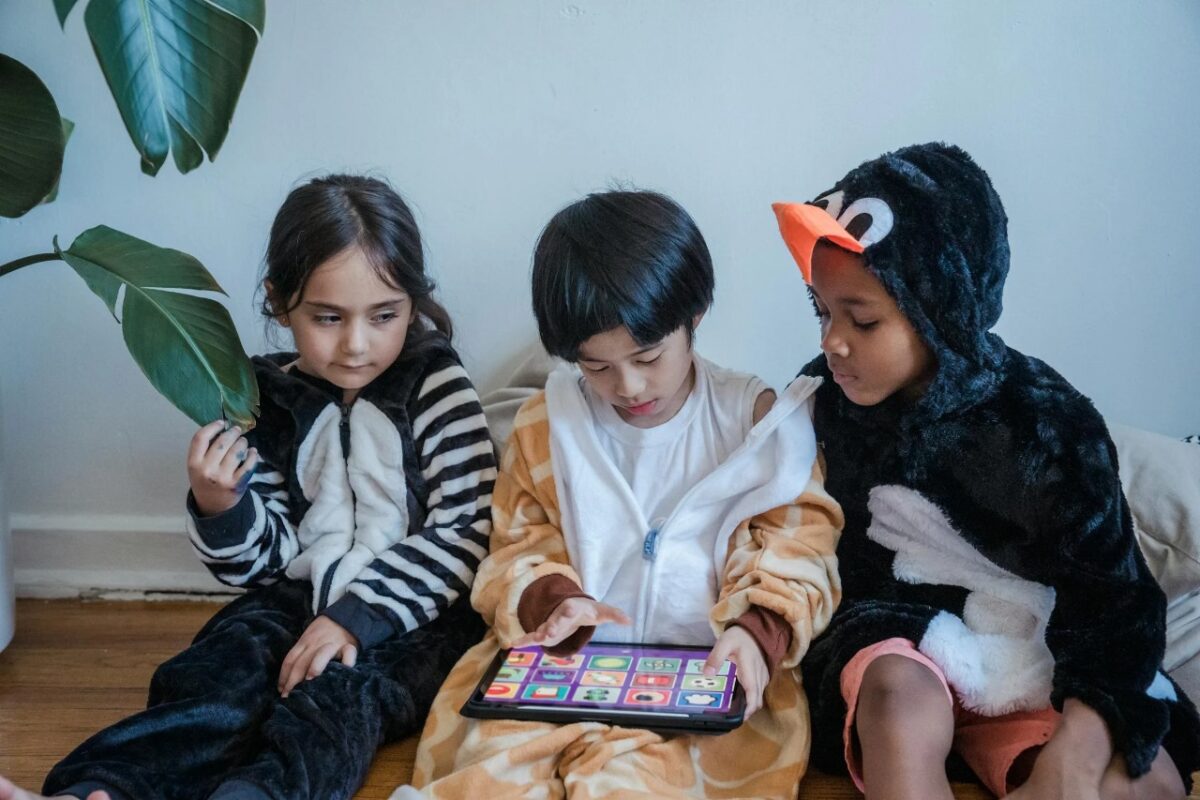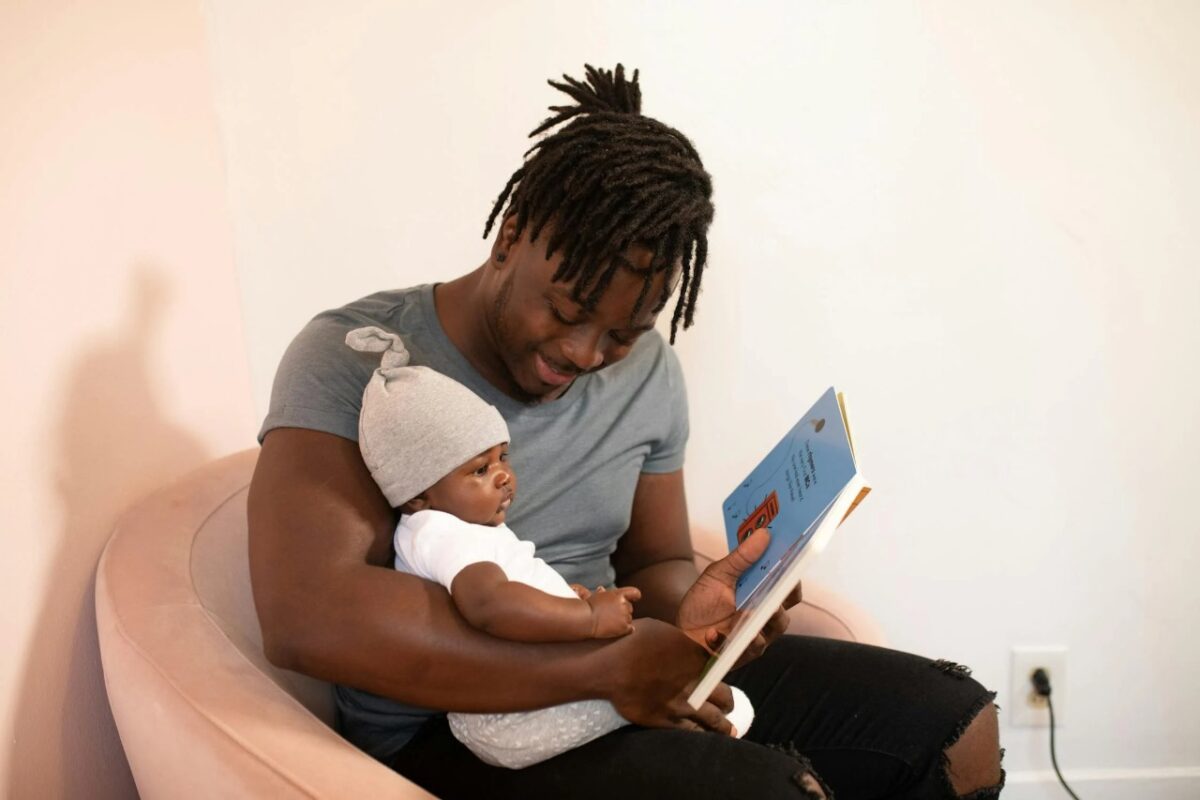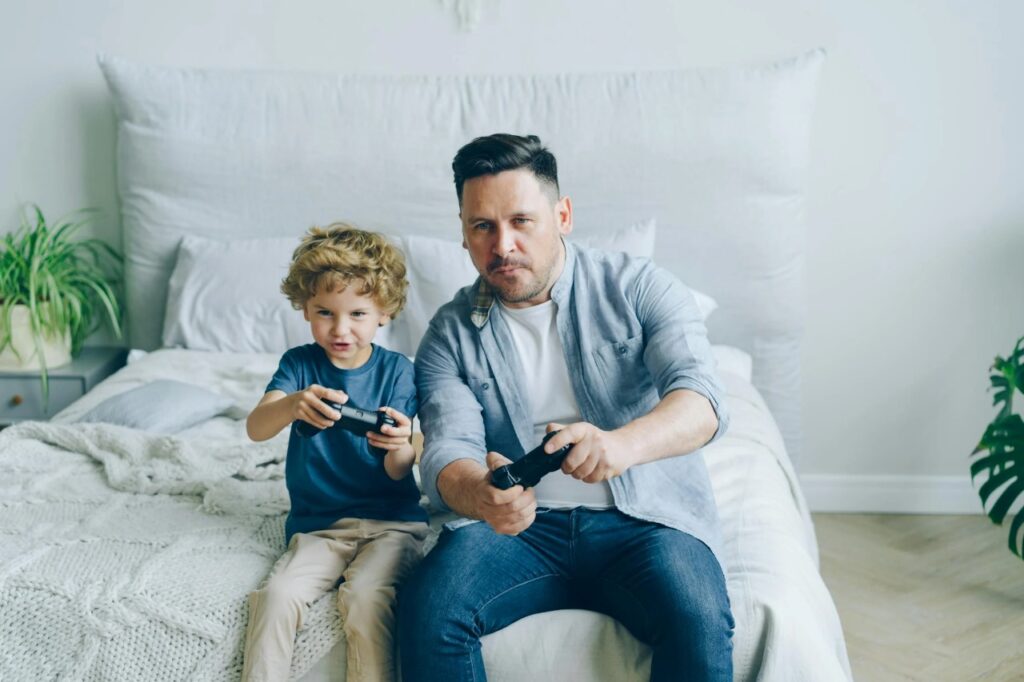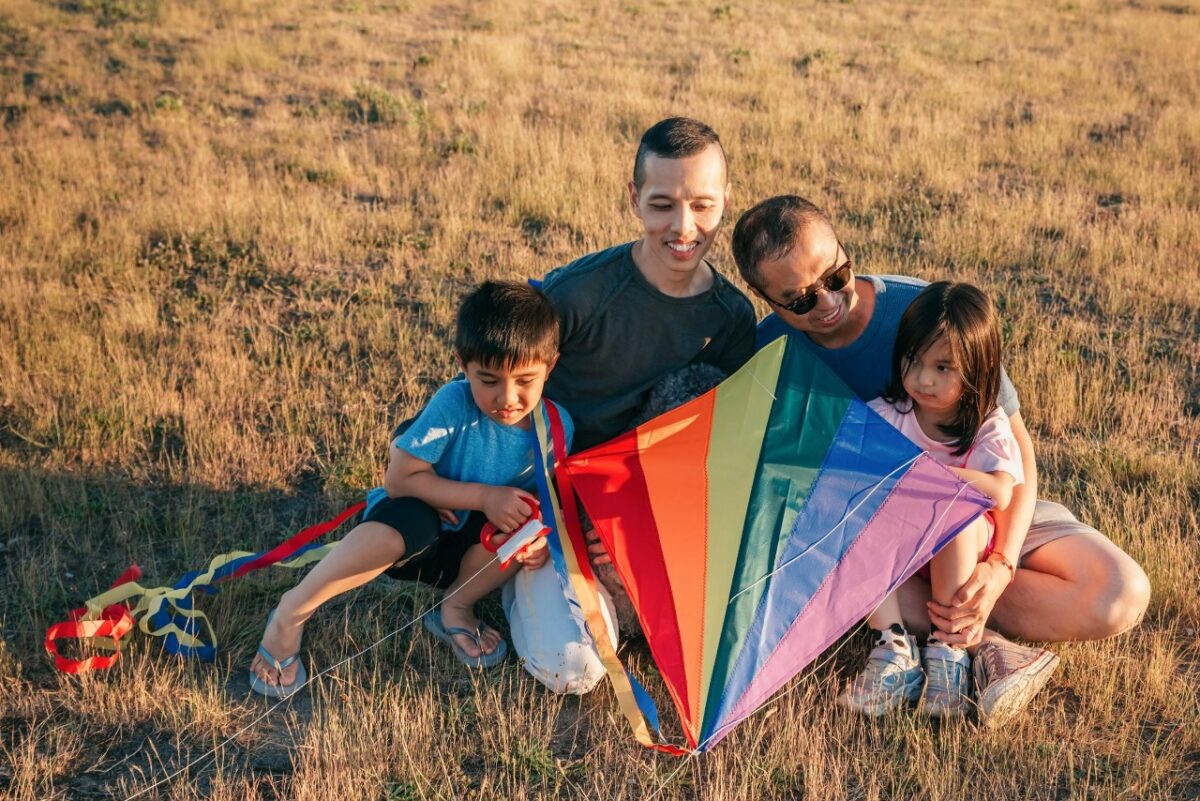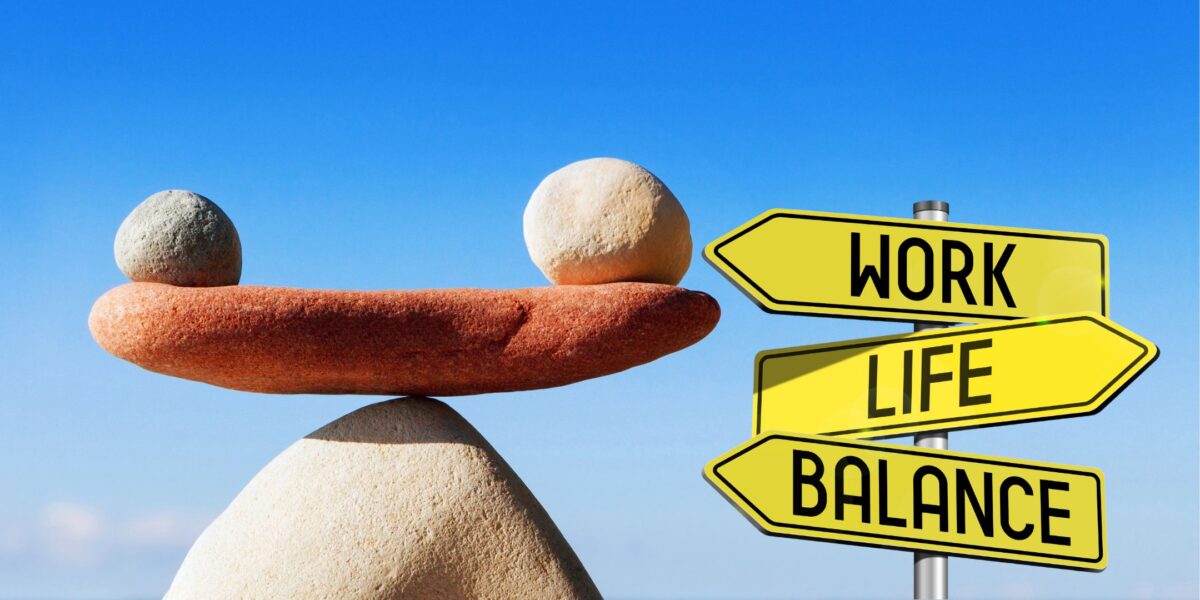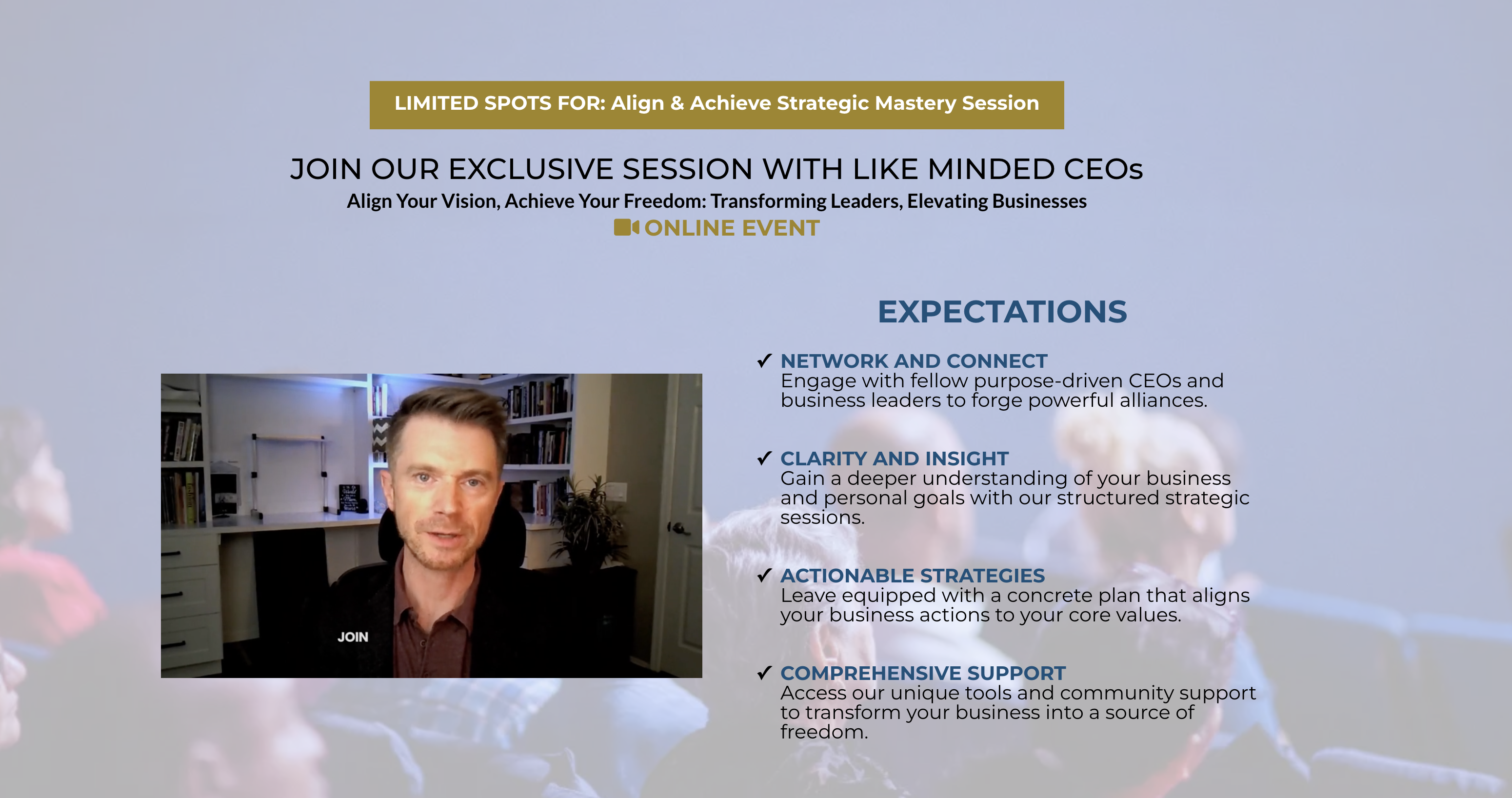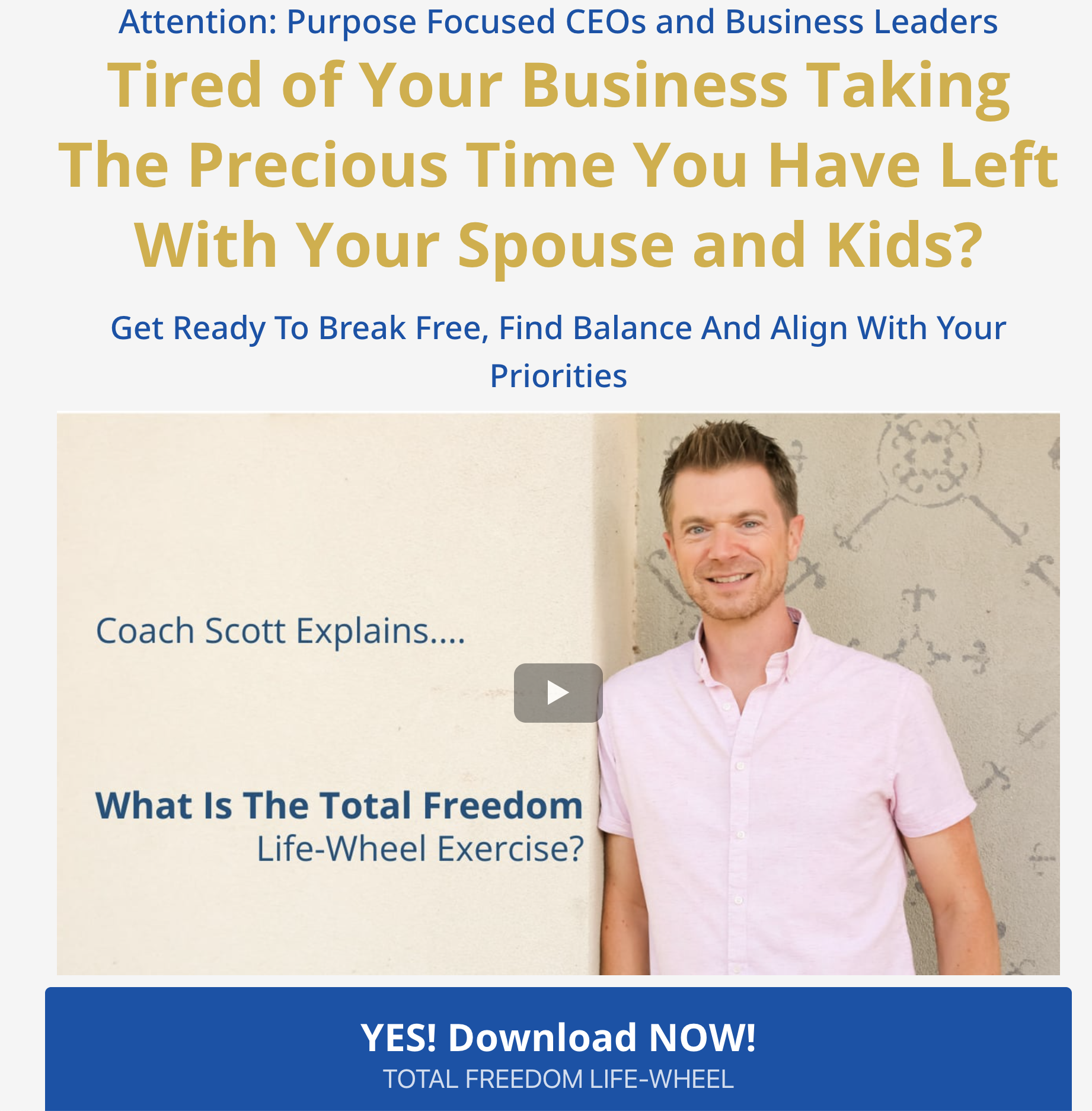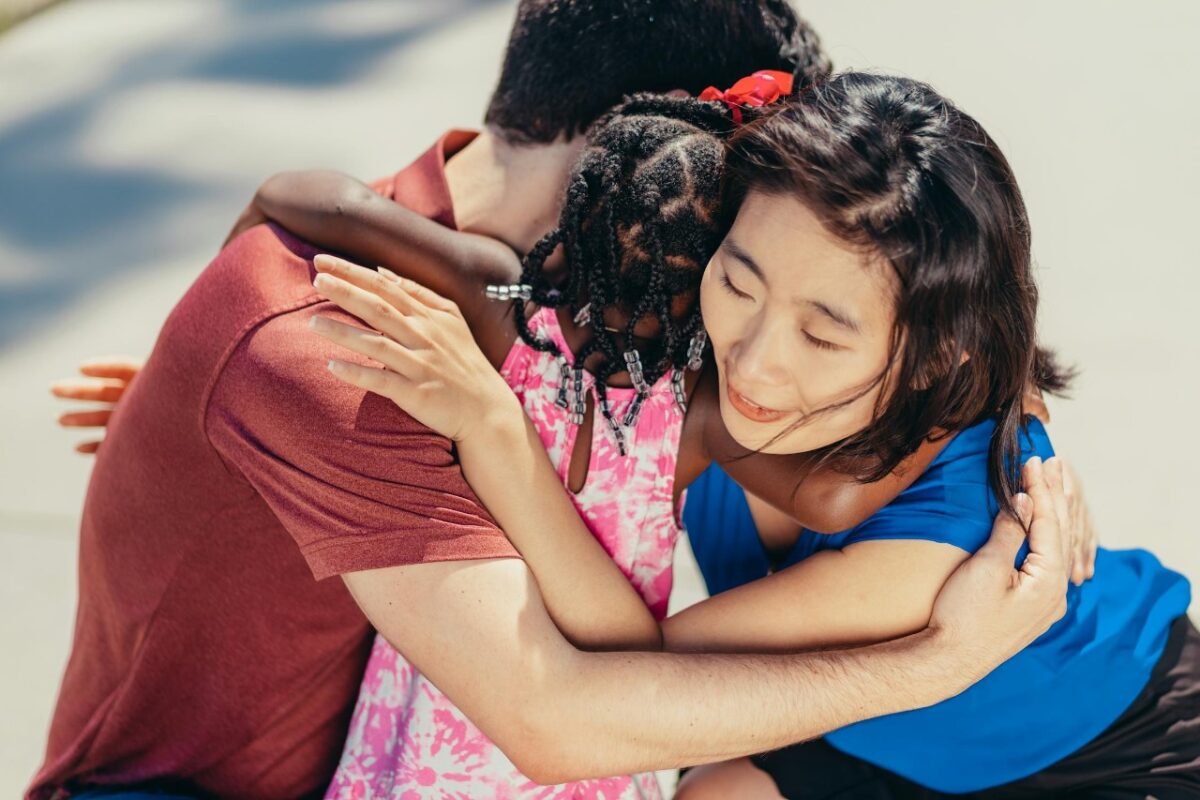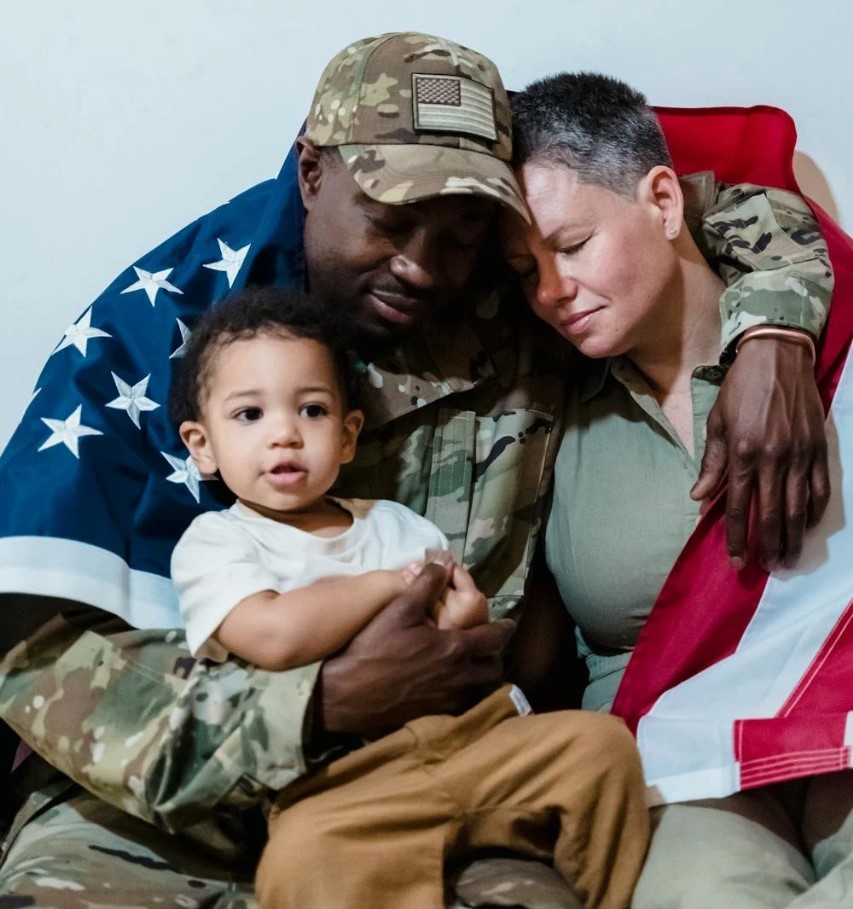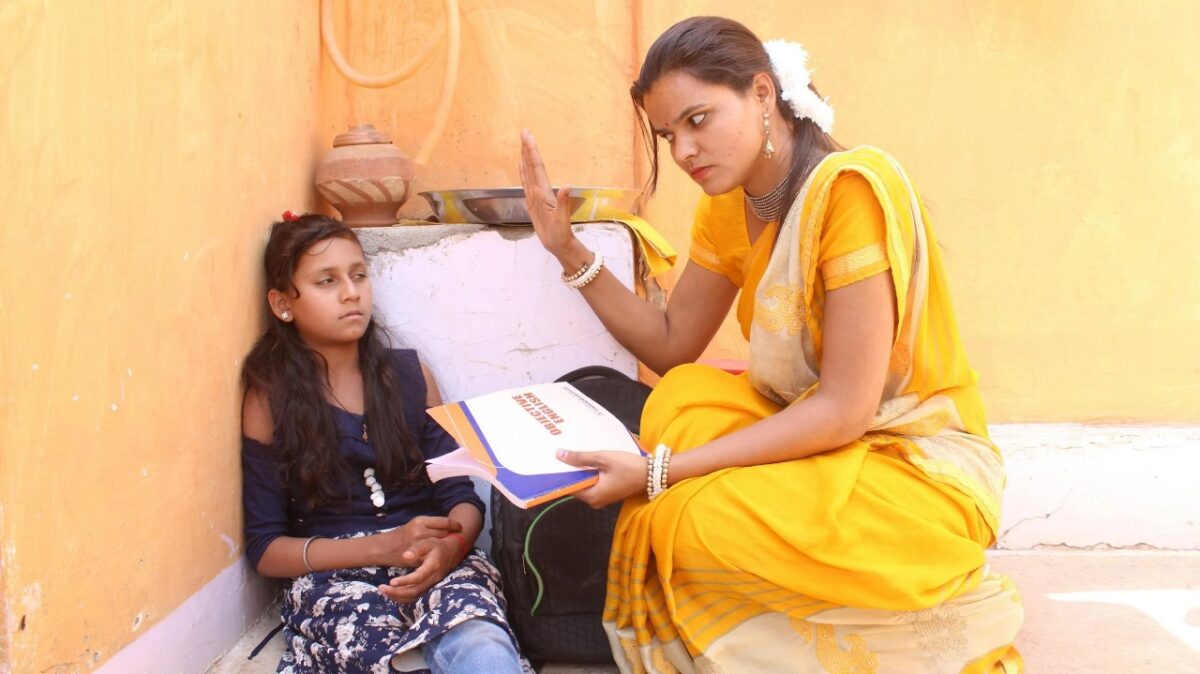
Can you relate to this scenario?
You wake up and spend 30 minutes coaxing your child to get dressed for school while you rush to get ready for work. They argue with you over what they want to wear, insisting on the same blue shirt they’ve worn every day this week. You finally make it to the kitchen table for breakfast, only to have them refuse to take a single bite of food. You try hard to keep your voice from rising, asking them nicely over and over again to please eat their breakfast.
“Eww, Mom, the yolk’s too runny.”
Snap.
You’re not sure if this anger has been bubbling up inside you for a while now or if you just woke up extra irritable today. But something inside you has broken in two. Your heart pounds and your hands shake as you let out a desperate yell in response:
“FINE, GO AHEAD AND STARVE!”
Alas, Parenting Rage has reared its ugly head.
Parenting Rage is Real
What you’re experiencing is legitimate — and more common than you think. Parenting Rage is the uncontrollable, monstrous sibling of anger. It’s an emotion we’re all prone to feeling — whether or not we like to admit it. Mum Rage is a thing that many parents experience. No one wants to be the scary mom shoving her cart down a grocery store aisle with a crying child behind her. But when rage takes over, our families often bear the brunt of it.
As parents and caregivers, it’s our job to provide a safe and loving environment for our kids — not traumatize them with our uncontrollable meltdowns. And yet, we’re imperfect human beings who get tired, stressed, and lose our tempers once in a while.
So, what now?

Managing the Fury You Feel
The good news is that parents and caregivers can take proactive steps to manage the fury we sometimes feel. Here are a few places to start:
Ask yourself, “What’s my unmet need?”
When experiencing escalated feelings of stress, sadness, or anger, it’s because an unmet need has been continuously ignored or violated. It’s impossible to take care of your family’s needs when you yourself are drawing from an empty tank.
In the case of parental rage, sit with yourself for a moment and ask, “How do I manage anger as a parent?” Are you stressed about work? Sleep deprived? Frustrated with your marriage? Perhaps you need your co-parent to step up and help out more with the kids.
Be aware of your triggers.
What behaviors send you careening over the edge? Keeping a trigger journal can help you observe words or actions that set you into a rage. If you notice that back talk always gets your temper flaring, do some inner work to find out why. Is there something from your own childhood that makes you react so strongly to your kids having a different opinion from you?
Being aware of triggers helps manage negative emotions associated with them — and hopefully react better next time.
Forgive yourself.
Yelling at your child doesn’t make you a bad parent. It just means you’re human. Forgive yourself for the times you’ve lost your temper — and let your child know how sorry you are for your outburst. Move forward and commit to doing better next time.
If you’re wondering, “How do you control parental rage?” remember that it’s a process. Parenting Rage may be real, but so is the love for our children. By working on our own issues, we can learn to respond with gentleness and compassion instead of anger.
Love and Blessings,
Katherine







